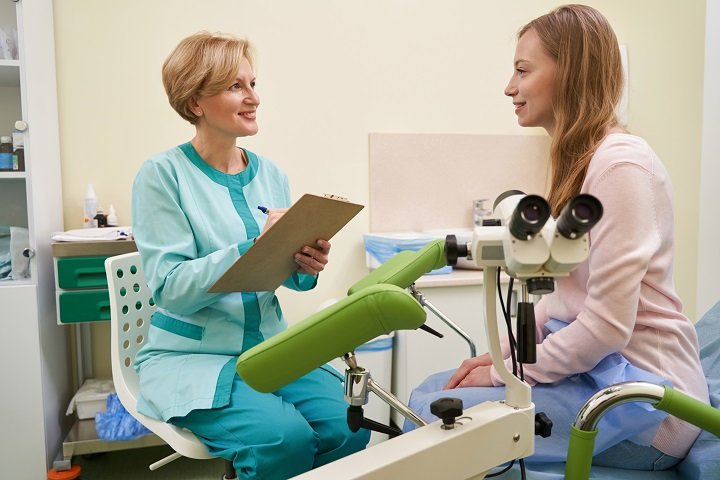Women, Do Your Own Hormones Control Your Life?
Nowadays, we all discuss so-called “taboo” subjects openly in various social forums. On social media, many of our male friends slander the mood swings in women. For example, your friend may try hard to deal with her post-menstrual syndrome but can’t. Have you ever thought that it is nothing but a hormone's reaction in the body?
The hormone is one of the most important factors that control all our emotions and our physical activity. Whether it’s weight gain, lower energy, decreased sex drive, or irritability, as many women approach 40 years of age, they feel different than usual. The interesting fact is many women blame their hormones for several changes but actually, they suffer from lifestyle and stress-related choices.
If you ever feel something is off for several months, then contact a women's hormone clinic immediately. The experts can help you find the root cause of your problems and guide you through perimenopause and menopause. They also ensure that you are giving your best in terms of your overall health. But first, read this article to know how hormones work in our bodies and affect our health.
Estrogen
Estrogen is one of the main female hormones. A small amount of the hormone is produced in the adrenal glands and fat cells where the lion’s share comes from the ovaries. In pregnant women, the placenta also makes estrogen. This hormone plays an important role in sexual and other developments including menopause, puberty, pregnancy and menstruation. It also affects our musculoskeletal system, skin, cardiovascular system, hair, and brain. To fix your hormonal imbalance, visit a popular women's hormone clinic in OKC immediately.
Progesterone
The adrenal glands, ovaries and placenta in women produce progesterone. The level of this hormone is increased during ovulation and pregnancy. This hormone also helps you to stabilize menstrual cycles and prepare the female body for pregnancy.
If you suffer from progesterone deficiency, then it may lead to difficulty conceiving, irregular periods, and a higher risk of complications during pregnancy. According to the researches, low progesterone levels can also increase higher estrogen levels that contribute to various symptoms including additional weight gain, decreased sex drive, and gallbladder problems.
Testosterone
It is a mainly primary sex hormone that is found in men. But it has an immense effect on a woman's body too. A little amount of testosterone is produced in the adrenal glands and ovaries which affects the bone density, woman’s sex drive and muscle strength. If any woman produces extreme testosterone, then she may experience acne, more body hair, a deeper voice, absent menstrual periods, increased muscle mass and frontal balding.
Don’t Mess With Your Hormones
Believe us, we know how tempting it can be to blame their hormones for what they are feeling. And we also know that making some lifestyle changes and evaluating your overall health takes a great deal of time and effort. That’s why if you want to control your hormonal problem to live a healthy life, contact The Broadway Clinic in OKC. The women's hormone clinic will evaluate your condition and treat you strategically.
**Disclaimer: This content does not aim to provide any medical advice nor does it constitute or prescribe any doctor-patient relationship.

